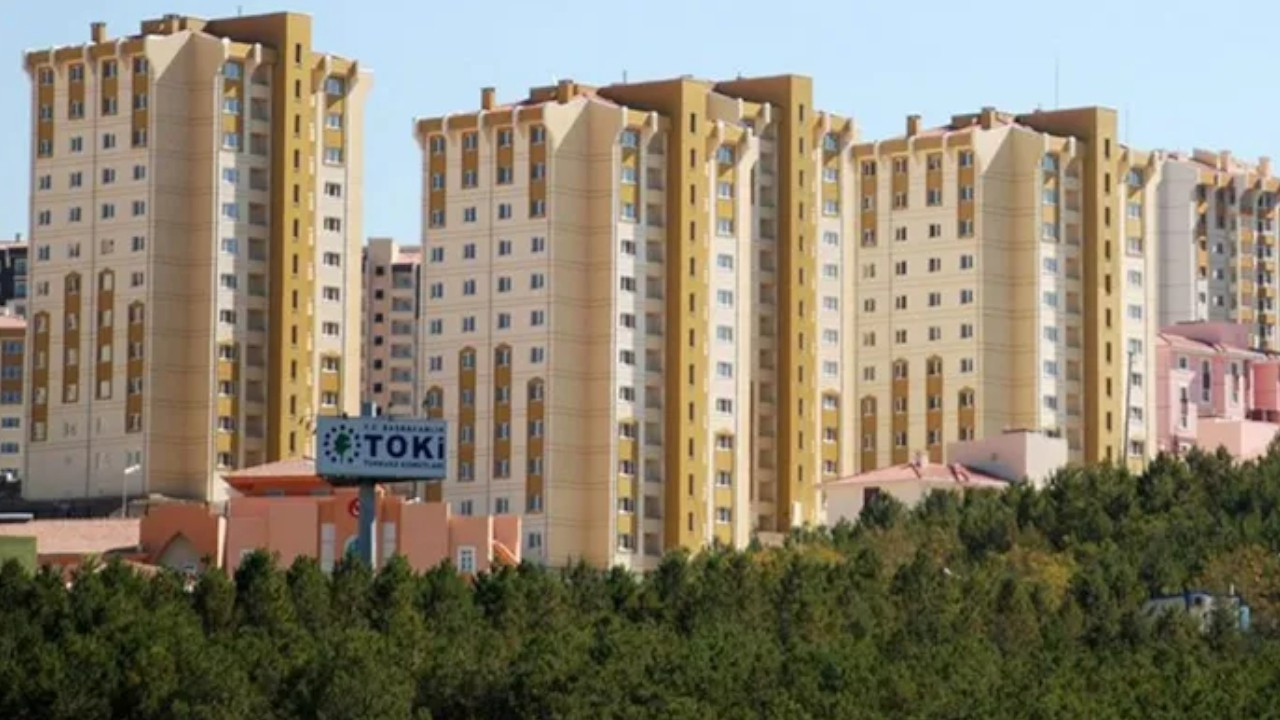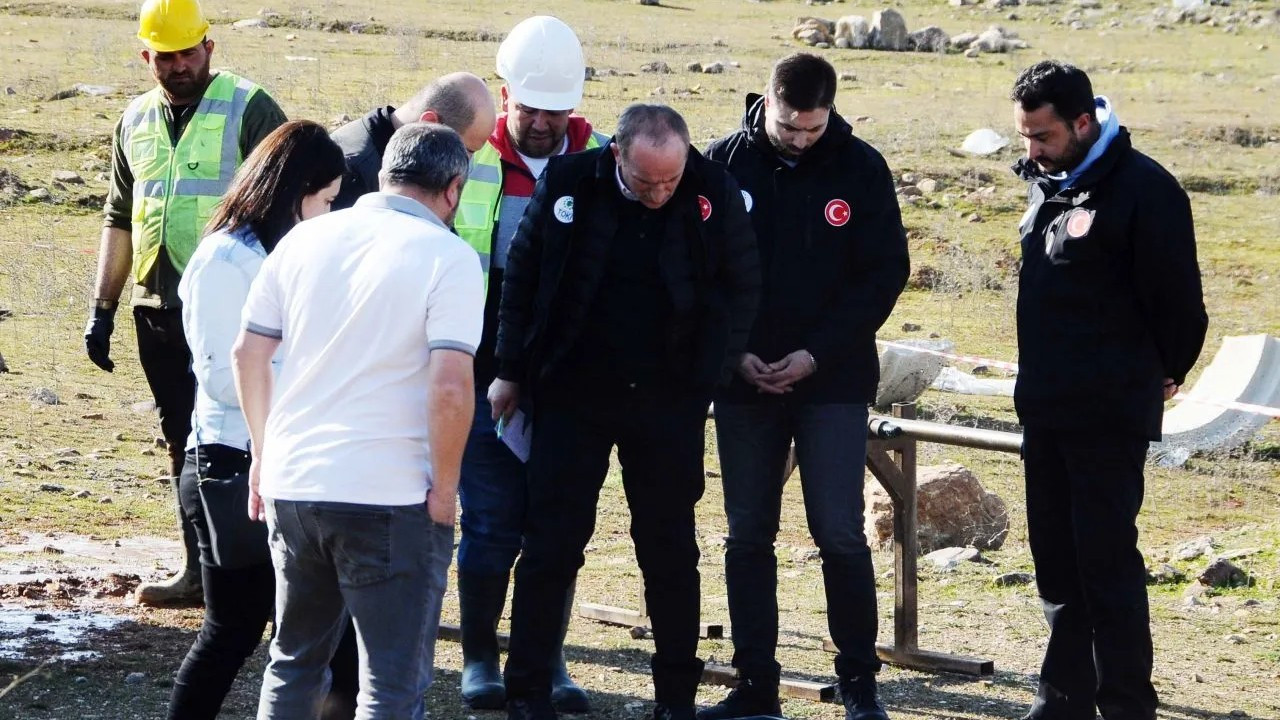Turkish housing agency holds 53 construction tenders in quake zone in one month
Turkey’s state-run construction giant TOKİ has so far held 53 tenders worth 47.6 billion liras for the construction of new houses in the quake-affected provinces, journalist Çiğdem Toker from online news outlet T24 wrote.
Duvar English
Turkey's Public Housing Development Administration (TOKİ) has awarded a total of 53 tenders worth 47.6 billion liras for the construction of new houses in the quake region as of March 7, according to reporting by journalist Çiğdem Toker from the online news portal T24.
The agreements were finalized quite fast since they were held through a negotiated tender procedure which occurs when the client approaches a single supplier based on their track-record or a previous relationship.
Approximately 21,000 residential buildings will be erected in the quake zone within the framework of the tenders struck between Feb. 21 – March 7. “These tenders are not secret. But since they are based on negotiated tender procedure, there is no obligation to place an advertisement (for the tender) in advance,” Toker wrote.
“When I had called TOKİ president Ömer Bulut for information with regards to my previous column, he had said that the tenders were shared with the public; however, these tenders that concern the public are still not released on the institution’s (TOKİ) website. It is the (construction) sector players that can reach the tenders which are not conducted via open procedure,” she wrote. The open tender procedure is open to everyone and no negotiations are made with the tenderer during the tender.
President Recep Tayyip Erdoğan has been vowing that the government will build new houses after two major earthquakes hit the country’s southeastern region, destroying thousands of structures and killing more than 45,000 people.
Erdoğan has been continuously telling people to “give us one year” for the construction process. However, architects and engineers have been warning against a hasty plan to rebuild, saying that the country risks courting another disaster unless urban planning and building safety are carefully re-considered.

 Eight housing construction tenders worth 6 billion liras held in three days in quake zoneDomestic
Eight housing construction tenders worth 6 billion liras held in three days in quake zoneDomestic Turkish housing agency head says new flats to be built at least 500 meters away from fault lineDomestic
Turkish housing agency head says new flats to be built at least 500 meters away from fault lineDomestic